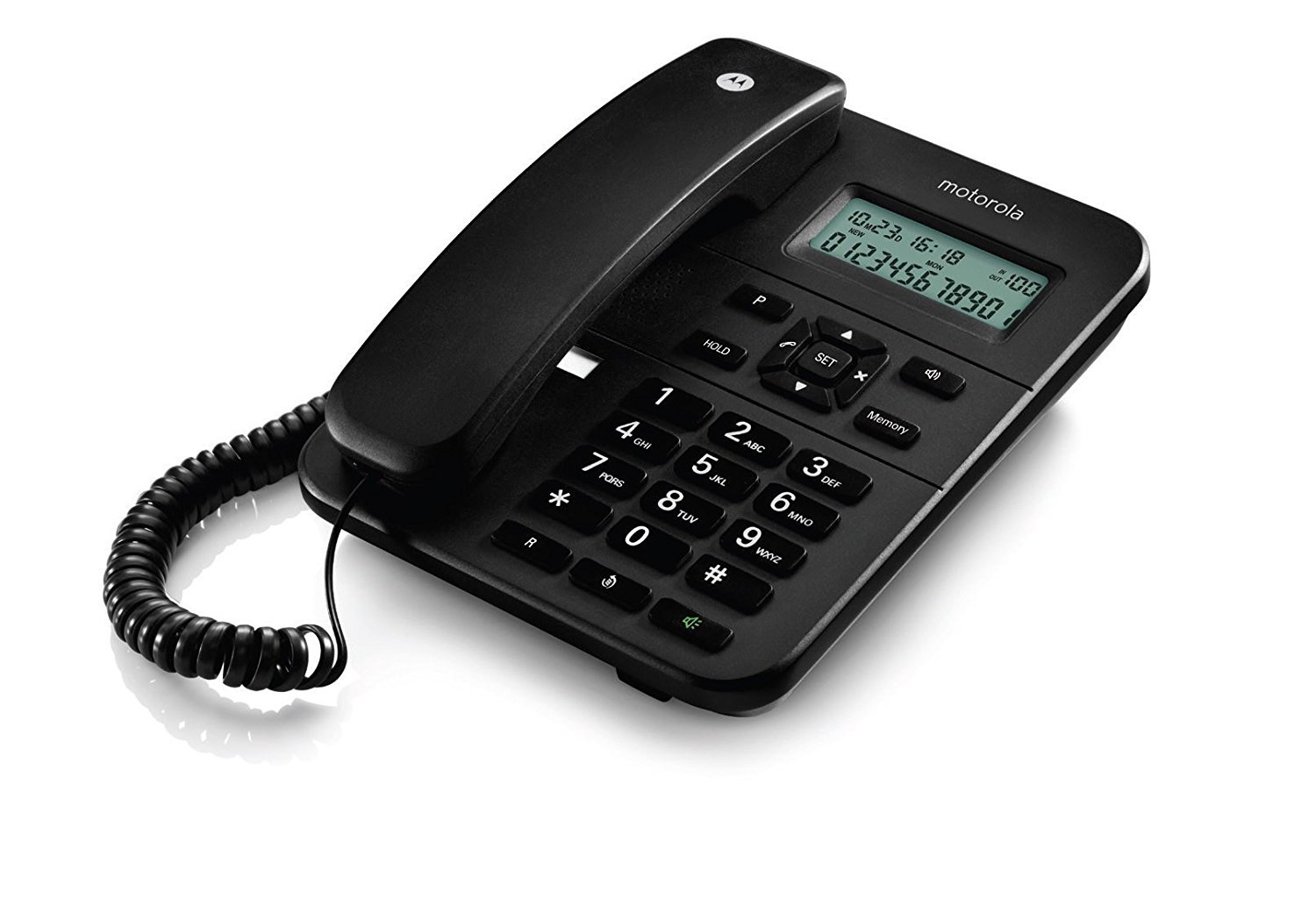
The invention of the telephone revolutionized communication, connecting people across vast distances and transforming the way we interact and conduct business. In this article, we'll delve into 18 intriguing facts about the telephone, shedding light on its evolution, impact, and fascinating features. From the humble beginnings of Alexander Graham Bell's "Mr. Watson, come here, I want to see you" to the modern-day smartphones that have become an indispensable part of our lives, the telephone has undergone remarkable advancements. Join us as we uncover the captivating history, technological innovations, and cultural significance of this groundbreaking invention. Whether you're a technology enthusiast, history buff, or simply curious about the device that reshaped human communication, these 18 facts will provide a captivating glimpse into the world of telephony. So, let's embark on a journey through time and explore the incredible story of the telephone!
Key Takeaways:
- The telephone has come a long way since its invention in 1876, evolving from the first rotary dial to the release of the first iPhone in 2007, shaping the way we communicate in the digital age.
- The future of telephony holds the promise of even more remarkable developments, from advanced connectivity to unprecedented speed and reliability in data transmission, continuing to redefine the way we connect with the world around us.
The Telephone Was Patented in 1876
The iconic telephone, a revolutionary invention, was patented by Alexander Graham Bell in This marked the beginning of a new era in communication, forever changing the way people connected with one another.
The First Telephone Call Was "Mr. Watson, come here, I want to see you"
The first successful telephone call was made by Alexander Graham Bell to his assistant, Thomas Watson. Bell uttered the famous words, "Mr. Watson, come here, I want to see you," forever etching this historic moment into the annals of communication.
The First Telephone Exchange Opened in 1878
Two years after the patent, the first telephone exchange was opened in New Haven, Connecticut, allowing multiple subscribers to connect through a central switchboard.
The First Transcontinental Telephone Call Was Made in 1915
A monumental achievement in communication history, the first transcontinental telephone call was made by Alexander Graham Bell from New York to his former assistant, Thomas Watson, in San Francisco.
The First Rotary Dial Telephone Was Introduced in 1896
The rotary dial telephone, a significant advancement in telephone technology, was introduced to the public in 1896, revolutionizing the way calls were made and received.
The First Commercial Automatic Telephone Exchange Opened in 1912
In 1912, the first commercial automatic telephone exchange was opened in La Porte, Indiana, streamlining the process of connecting calls without the need for manual intervention.
The First Transatlantic Telephone Call Was Made in 1927
On January 7, 1927, the first transatlantic telephone call was made between New York and London, marking a pivotal moment in global communication.
The First Answering Machine for Telephones Was Introduced in 1935
The introduction of the first answering machine for telephones in 1935 revolutionized the way missed calls were handled, providing a means for recording messages in the absence of the recipient.
The First Mobile Telephone Service Was Launched in 1946
In 1946, the world witnessed the launch of the first mobile telephone service in St. Louis, Missouri, paving the way for the mobile communication revolution.
The First Transatlantic Telephone Cable Was Laid in 1956
A significant milestone in global communication, the first transatlantic telephone cable was laid, connecting North America and Europe through reliable, high-quality voice communication.
The First Commercial Modem for Telephones Was Introduced in 1962
The introduction of the first commercial modem for telephones in 1962 marked a significant advancement in data transmission, enabling the exchange of digital information over telephone lines.
The First Cordless Telephone Was Introduced in 1965
The introduction of the first cordless telephone in 1965 revolutionized the way people communicated, providing newfound mobility and convenience in making calls.
The First Mobile Cellular Telephone Call Was Made in 1973
On April 3, 1973, the first mobile cellular telephone call was made by Motorola's Martin Cooper, forever changing the landscape of mobile communication.
The First Commercial Voicemail System Was Introduced in 1980
The introduction of the first commercial voicemail system in 1980 revolutionized the way telephone messages were stored and retrieved, offering unprecedented convenience and efficiency.
The First Mobile Phone with a Built-In Camera Was Released in 2000
In 2000, the release of the first mobile phone with a built-in camera marked a pivotal moment in the evolution of telecommunications, paving the way for visual communication through mobile devices.
The First iPhone Was Released in 2007
The release of the first iPhone in 2007 revolutionized the telecommunications industry, introducing a groundbreaking combination of a mobile phone, an iPod, and an internet communication device.
The First Smartphone with 5G Connectivity Was Released in 2019
The release of the first smartphone with 5G connectivity in 2019 marked a significant leap forward in mobile communication technology, offering unprecedented speed and reliability in data transmission.
The Future of Telephony
The evolution of the telephone has been marked by groundbreaking innovations, from the invention of the first telephone to the advent of smartphones with advanced connectivity. As technology continues to advance, the future of telephony holds the promise of even more remarkable developments, shaping the way people connect and communicate in the digital age.
The telephone, a device that has transcended time and transformed the way people interact, continues to play a pivotal role in global communication. From its humble beginnings to the era of smartphones and 5G connectivity, the evolution of the telephone stands as a testament to human ingenuity and the relentless pursuit of innovation in the realm of telecommunications. As we look ahead, the legacy of the telephone remains intertwined with the ever-changing landscape of technology, promising new possibilities and redefining the way we connect with the world around us.
Conclusion
The telephone has undoubtedly revolutionized human communication, shaping the way we connect and interact with one another. From its humble beginnings to the sophisticated devices we use today, the telephone has played a pivotal role in shaping society and fostering global connectivity. As we reflect on the 18 best facts about the telephone, it becomes evident that this invention has significantly impacted our lives, transcending geographical boundaries and bringing people closer together. With its rich history and ongoing evolution, the telephone continues to be an integral part of our daily lives, serving as a symbol of human ingenuity and the unyielding pursuit of seamless communication.
FAQs
What was the first ever telephone call made?The first telephone call was made by Alexander Graham Bell on March 10, 1876, when he spoke the famous words, "Mr. Watson, come here, I want to see you," to his assistant, Thomas Watson.
How has the telephone evolved over time?Over time, the telephone has evolved from the early rotary dial and corded models to the modern smartphones equipped with advanced features such as video calling, internet browsing, and app integration. This evolution has transformed the way we communicate and interact with one another.
Was this page helpful?
Our commitment to delivering trustworthy and engaging content is at the heart of what we do. Each fact on our site is contributed by real users like you, bringing a wealth of diverse insights and information. To ensure the highest standards of accuracy and reliability, our dedicated editors meticulously review each submission. This process guarantees that the facts we share are not only fascinating but also credible. Trust in our commitment to quality and authenticity as you explore and learn with us.


